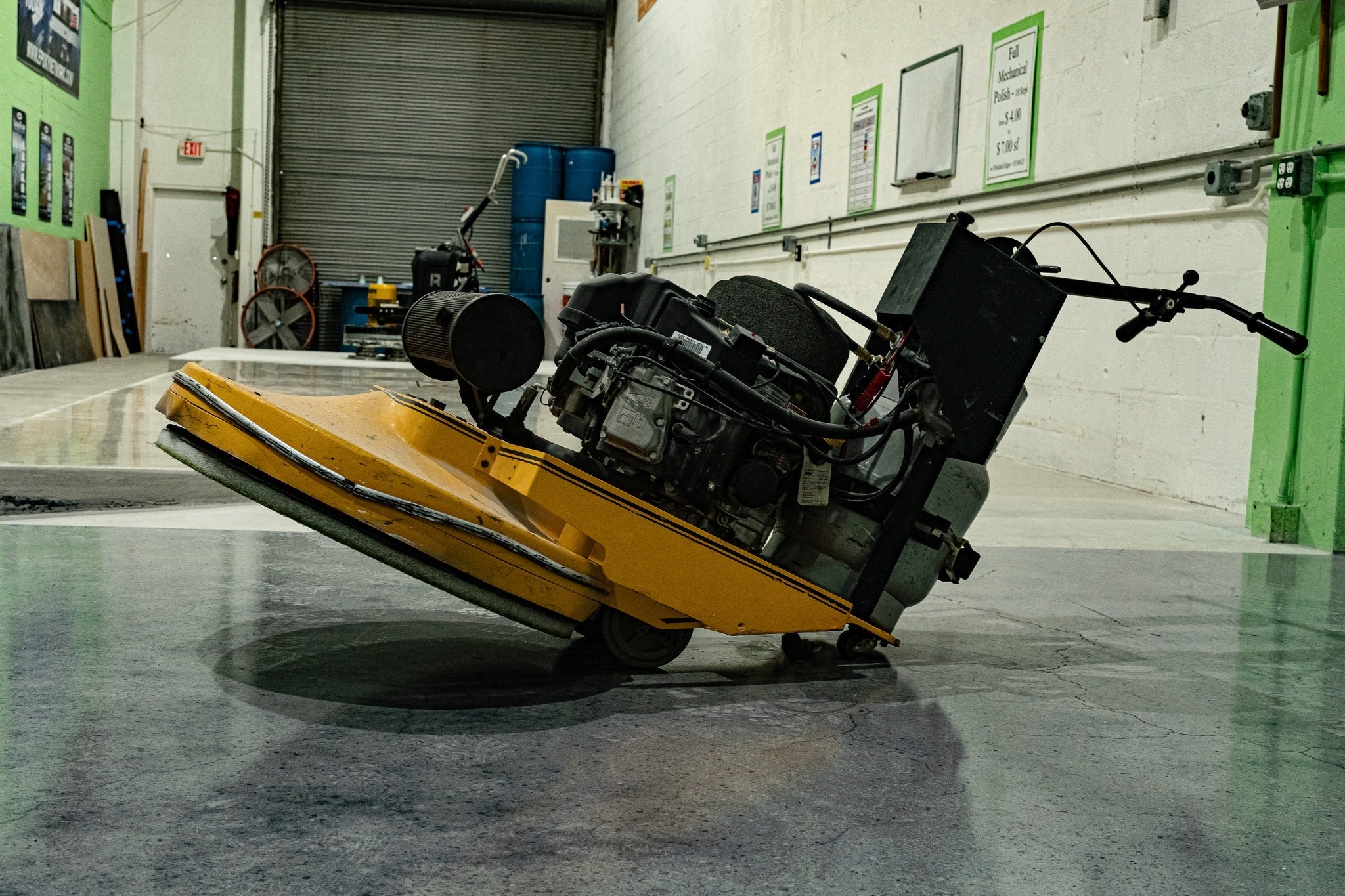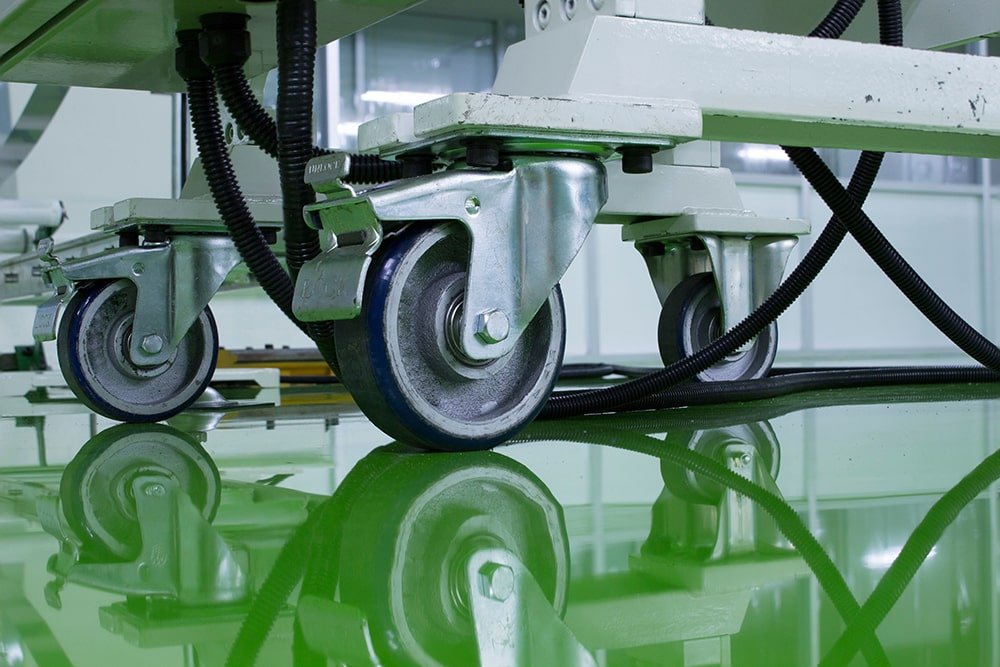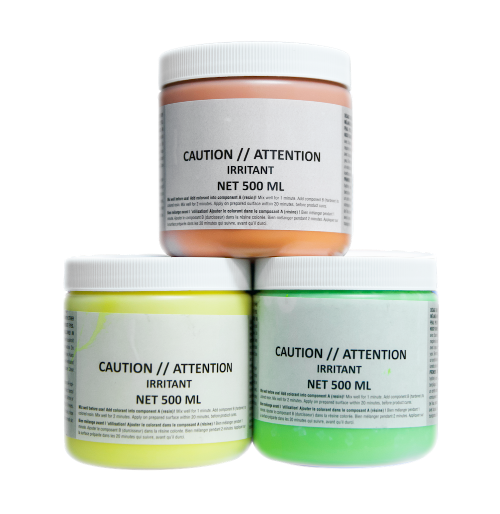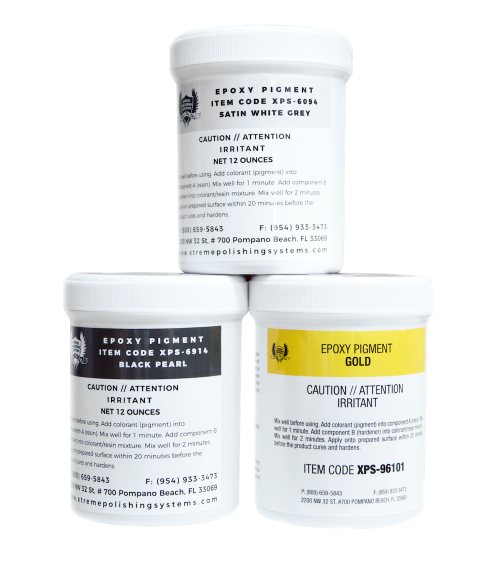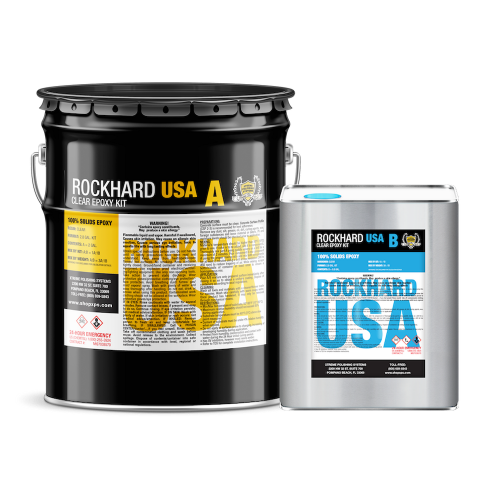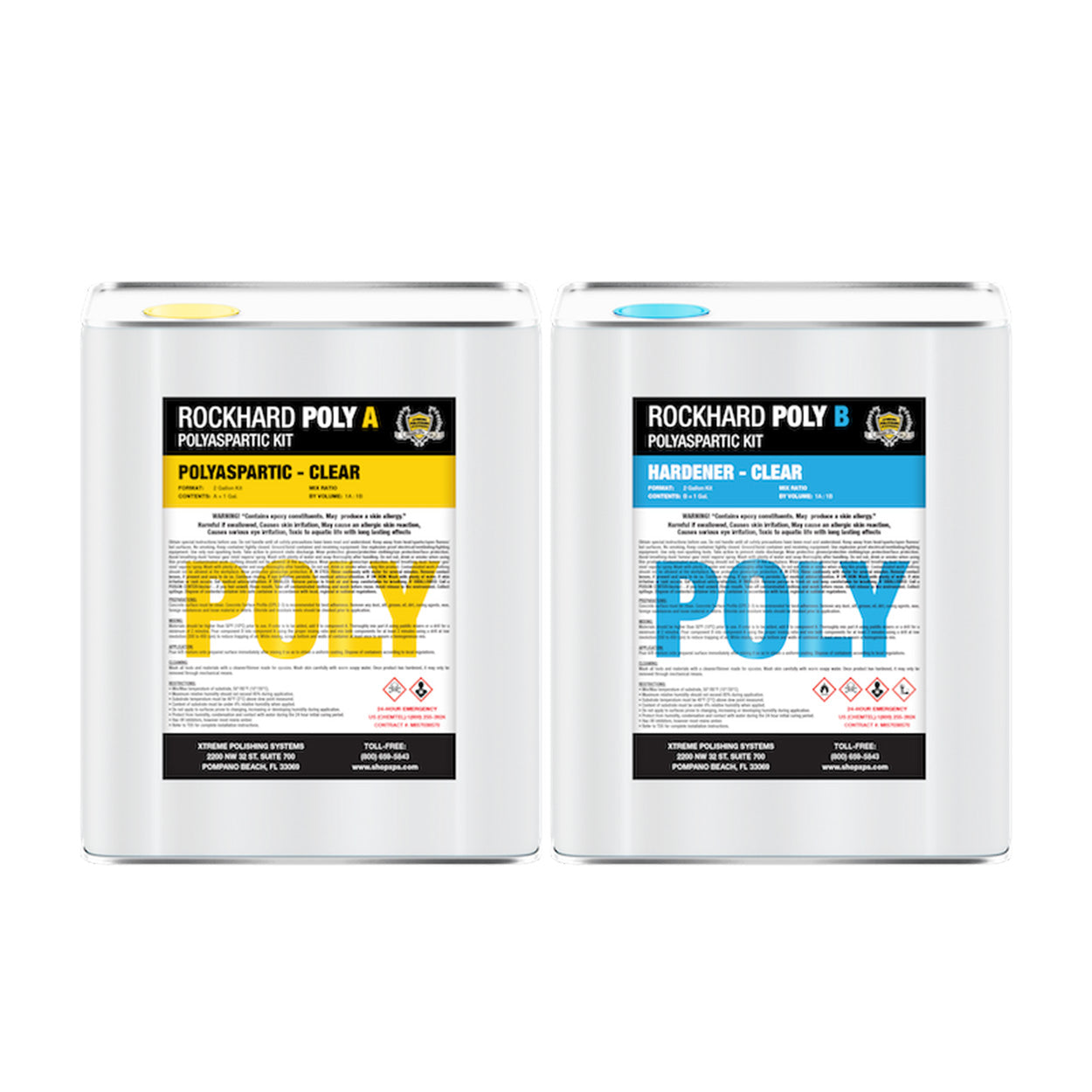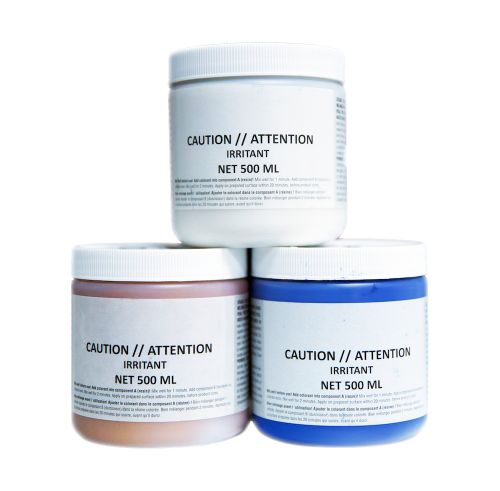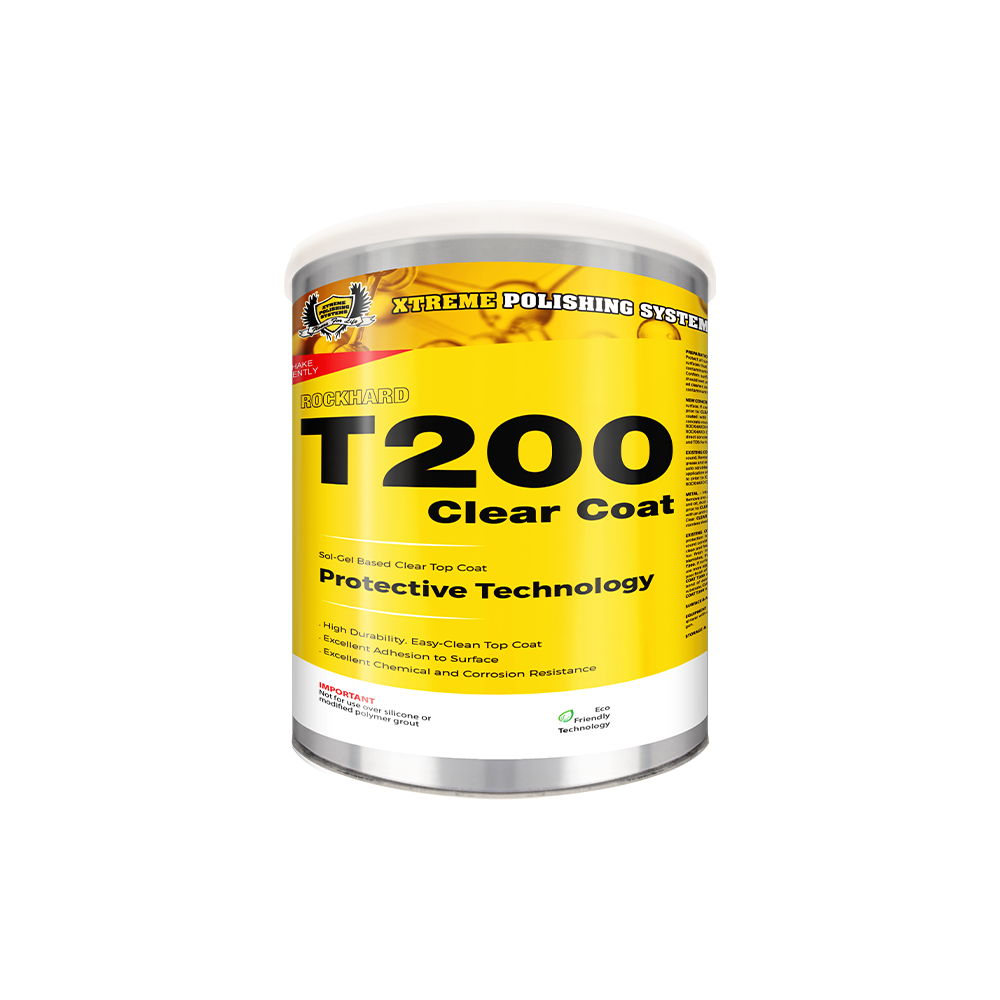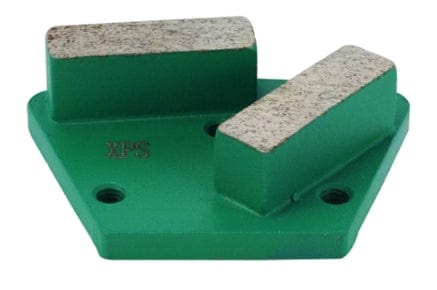In the construction industry, the processes for concrete cutting, concrete surface grinding, and floor polishing are very dusty and dangerous jobs that pose serious health risks to laborers. As a result, concrete slabs, masonry blocks, bricks, and other natural materials contain concentrated amounts of crystalline silica dust.
Occupational exposure to this dangerous dust can lead to silicosis, a sickly disease that causes symptoms similar to those of cancer. Exposure to dangerously high levels of silica dust causes approximately 250 construction workers to die each year.
Flooring and concrete contractors, masons, and construction workers are exposed to silica dust at varying levels depending on the task they are performing. For instance, Masons who are involved in wet work, such as laying blocks or cutting concrete, are less likely to be overexposed.

As dry cutting increases the likelihood of developing a lung disorder, some of the most dangerous tasks to perform are concrete surface grinding and floor polishing. Exposures from this type of work can exceed 50 times the OSHA Permissible Exposure Limits (PEL). Concrete block and slab masons are regularly exposed to 10 times the OSHA PEL. Exposure to dry cutting tasks increases the likelihood that an employee will develop a lung disease over a 10 year period.
Ultimately, concrete surface prep equipment and masonry tooling used for cutting and drilling operations require careful instruction, proper training, and in some cases supervision.
OSHA PELs: What does it mean?
The Permissible Exposure Limits (PELs) are limits for occupational exposure issued by the United States Occupational Safety and Health Administration (OSHA). Exposure to hazardous substances needs to be protected from adverse health effects so PELs are set by OSHA to keep employees and laborers safe and out of dusty danger.

Work Practices for Controlling Silica Dust
There are several approaches that can be taken to reduce airborne silica dust hazards among construction workers. These include controls and work practices to reduce dust accumulation in concrete grinding, polishing, and cutting.
- Wet Grinding and Cutting: This is a controlled process that effectively eliminates silica dust from ever entering the air, and is considered one of the most ideal dust-control methods in the industry for concrete grinding, polishing, and cutting. Saws and floor grinding equipment typically have a wet-cutting port or an alternative.
- HEPA Vacuums and Dust Collection Systems: Industrial-grade HEPA vacuums and dust collection systems are absolutely a useful tool when dust cannot be eliminated at the source. These vigorous dust extraction systems can suck up dust at the source and are extremely helpful during job site clean-up.
- Employee Training: As part of the training, employees should be required to learn about all the dangers of silica dust. This includes prevention and control methods, respiratory protective equipment, and cleaning techniques after work is completed.
Comparing Half and Full Faced Respirators in Open, Enclosed, and Confined Spaces
Where preventative work practices and control methods aren’t effective enough, concrete contractors, masons, and construction workers must wear respiratory protective equipment (RPE) on the job site. In order to ensure that respiratory protection is safely used appropriately, it is imperative to perform a proper fit test on respiratory devices prior to use. Based on the worksite, the three main types of respirators are:
- Disposable Dust Respirators: The disposable dust respirator is suitable for use in environments where dust exposures exceed five times the OSHA PEL. It is often employed by masons who block and build scaffolds or mix mortar. To be deemed safe enough to mitigate exposure, these masks must be NIOSH-approved. These are commonly used in open spaces and in jobs where dust accumulates in low quantities.
- Half Face Dust Respirator: These respirators provide protection for exposures up to ten times the OSHA PEL. It is important to regularly clean dust cartridges. Although these respirators are typically used in open spaces, they can also be used in enclosed spaces for some projects.
- Full Face Dust Respirator: Finally, full face dust respirators can protect workers from exposures up to 50 times the OSHA PEL. Last but not least, full face dust masks are capable of protecting workers against exposures up to 50 times the OSHA PEL. Last but not least, full-face dust respirators can protect workers from exposures up to 50 times the OSHA PEL. This type of filter is usually used in enclosed or confined areas where dust can accumulate rapidly and in large quantities.
Xtreme’s Work Safety Protective Gear

Stay safe even in hazardous conditions with Xtreme’s collection of work safety gear. Safety supplies and protective masks assist in keeping worksites secure while helping businesses ensure full compliance with standard safety regulations, which essentially guards you and your employees against infection or injury.
Effective Dust Collection Systems supplied by Xtreme Polishing Systems

Xtreme’s portable wet and dry dust extraction vacuums are designed for high-performance dust collection. Simply and easily attach these industrial vacuum systems with a concrete grinder, floor polisher, cut-off saw sander and other tools. As a turnkey provider of dust collection systems, our company has been providing dust control systems, vacuums, universal dust shrouds, and attachments for dust-free job sites for nearly 30 years.
It goes without saying that Xtreme Polishing Systems is your complete dust collection and filtration supplier. Browse through the best selection and highest quality dust extractors, HEPA vacuums, shop vacs, and wet vacuums for industrial construction purposes, which includes concrete surface grinding and floor polishing jobs.
Concrete Dust Shrouds

A concrete dust shroud is a system used to control dust at the point of origin with the assistance of a grinder and vacuum. The dust shroud and vacuum systems both assist with extracting harmful silica dust, dirt and debris during the grinding process. Dust shrouds simply work as a chamber for capturing dust generated by a specific piece of abrasive tooling, all with the assistance of an industrial vacuum.
Conclusion
When dealing with such dangerous job site conditions, it is critical to ensure you are properly equipped and also adhere to basic safety precautions. If you are unsure, do not hesitate to consult one of our industry pros. Our team of experts is trained to use their products properly to provide the necessary direction and customer care when accurately preparing and implementing a concrete project.
Questions? We would love to hear them! Our professionals are readily available to answer all your questions and to provide you with concrete knowledge and industry expertise in the overall preparation and completion of a concrete floor project. Shop Online or Call (877) 958-5732 for all your concrete flooring needs!
